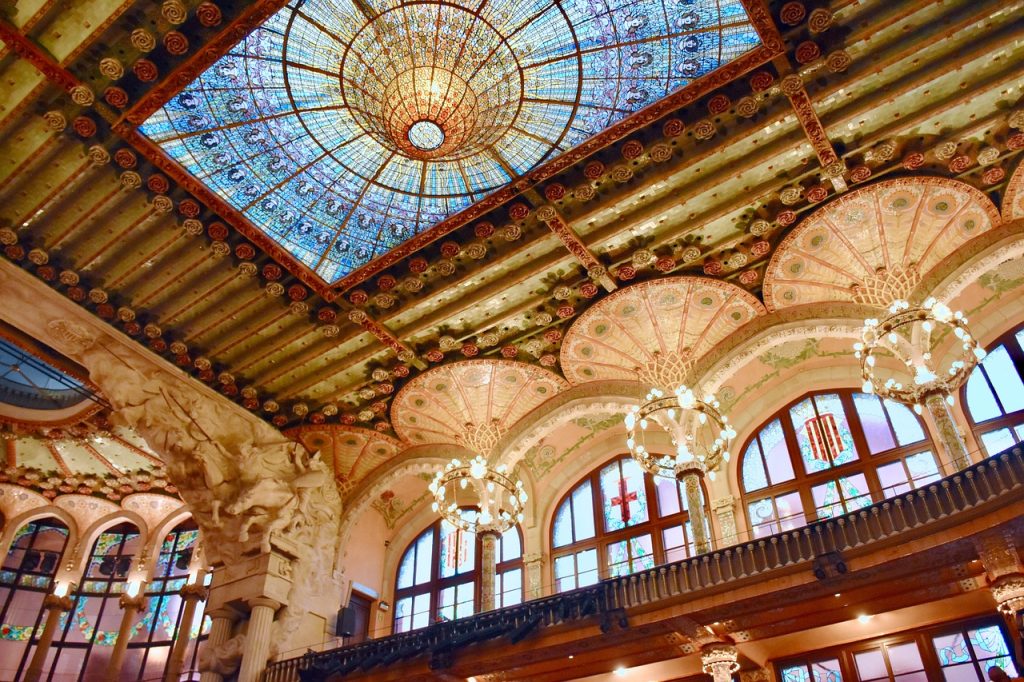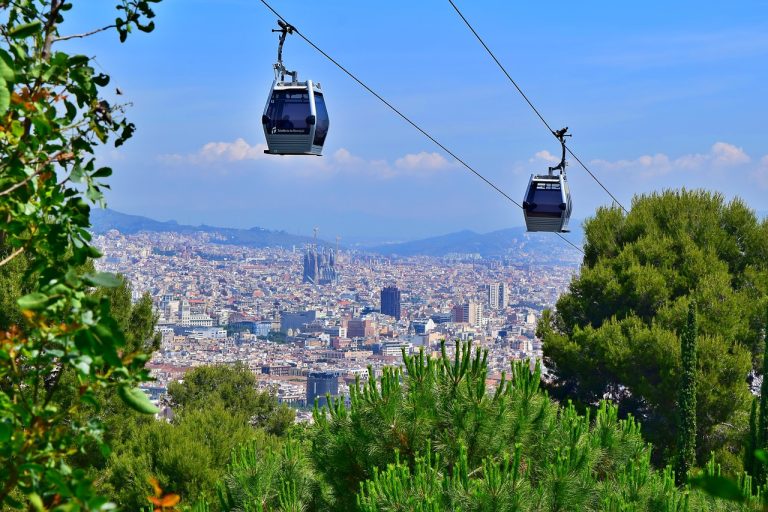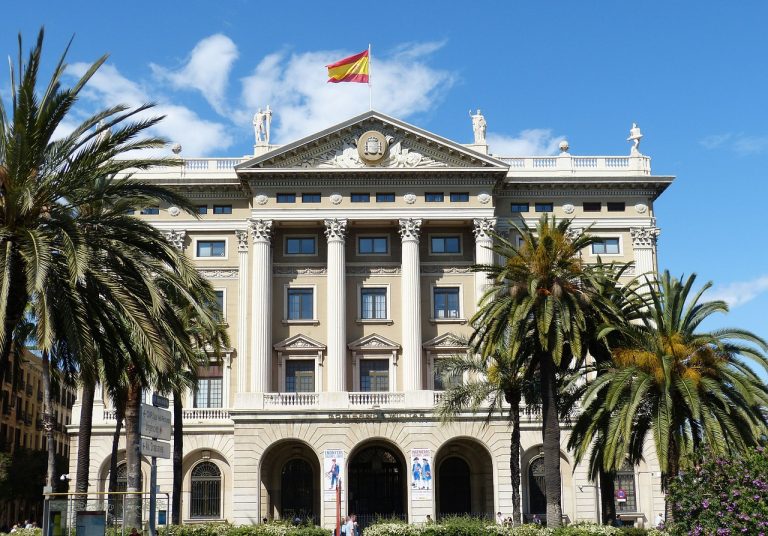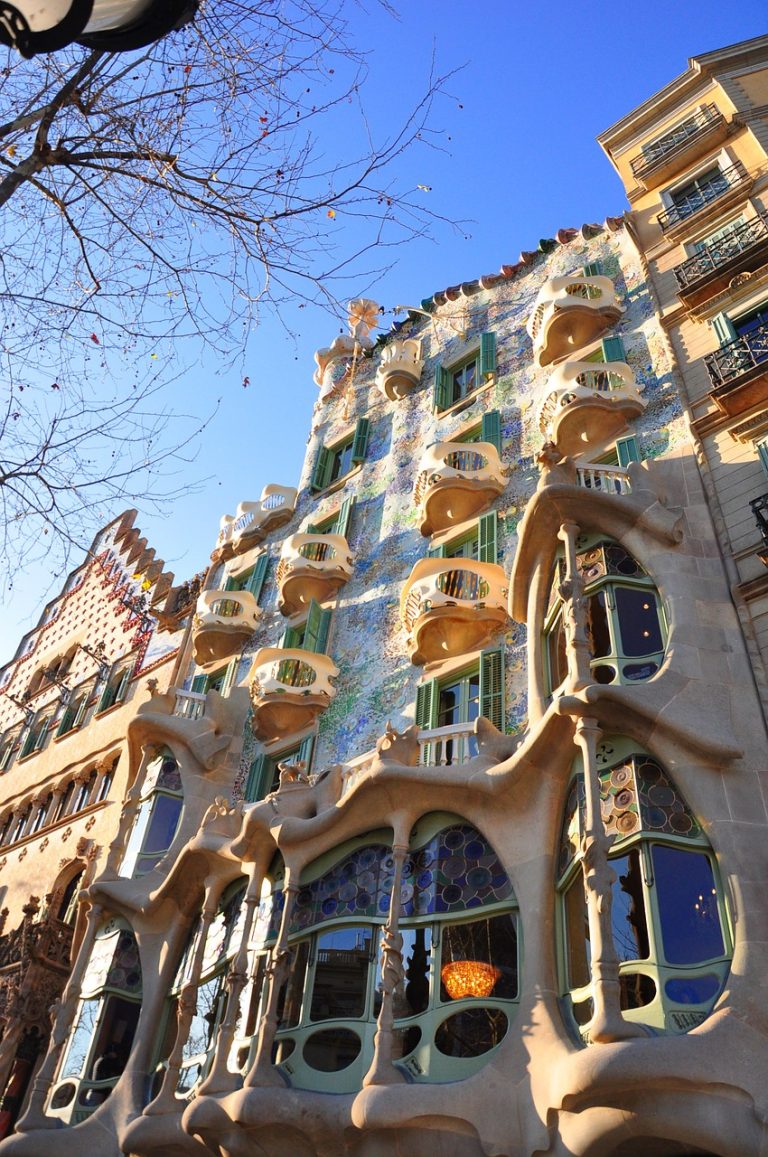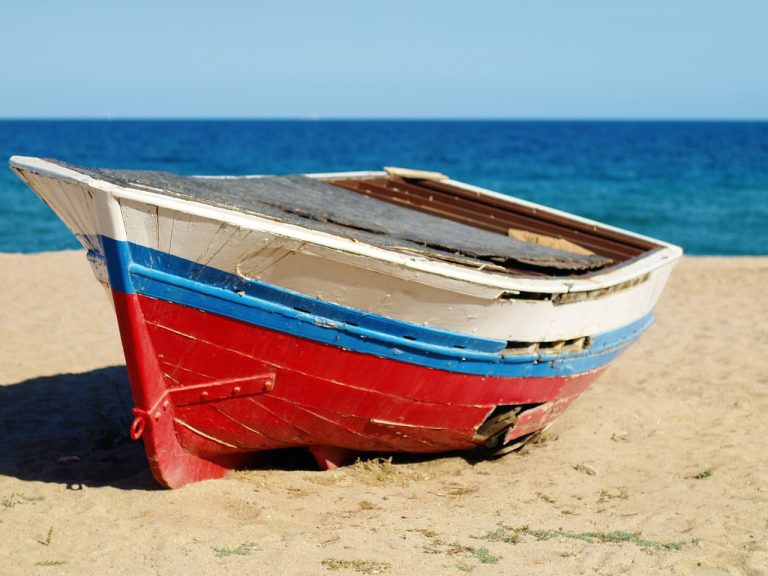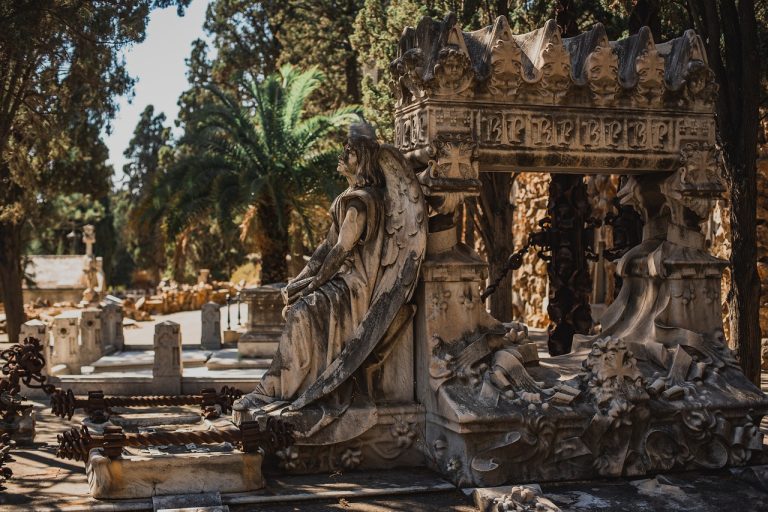Barcelona Spain Video
The Cultural Evolution of Barcelona Spain
Barcelona, the capital of Catalonia in Spain, is a vibrant city with a rich cultural heritage that has evolved over centuries. From its Roman roots to its modern-day status as a global hub for art, architecture, and gastronomy, Barcelona has undergone significant cultural transformations. This article explores the cultural evolution of Barcelona, highlighting key aspects that have shaped its identity.
Historical Significance
- Roman Influence: Barcelona was founded as a Roman colony in the 1st century BC, known as Barcino. The Roman influence is still visible in the city’s architecture, such as the ancient walls and the Roman Temple of Augustus.
- Medieval Period: During the Middle Ages, Barcelona flourished as a major trading and maritime power. The Gothic Quarter, with its narrow streets and medieval buildings, reflects this period’s architectural style.
- Modernisme Movement: In the late 19th and early 20th centuries, Barcelona experienced a cultural renaissance with the emergence of the Modernisme movement. Architects like Antoni Gaudí and Lluís Domènech i Montaner left their mark on the city with iconic buildings like the Sagrada Família and the Palau de la Música Catalana.
- Spanish Civil War: Barcelona played a significant role during the Spanish Civil War. The city was a stronghold for the Republican forces, and its fall to Franco’s troops in 1939 marked a dark period in Barcelona’s history.
- Olympic Revitalization: The hosting of the 1992 Summer Olympics brought significant urban renewal and infrastructure development to Barcelona, transforming it into a modern and cosmopolitan city.

Art and Architecture
- Sagrada Família: One of the most iconic landmarks in Barcelona, the Sagrada Família is a masterpiece of Antoni Gaudí and remains unfinished to this day. Its unique design and intricate details attract millions of visitors each year.
- Park Güell: Another Gaudí creation, Park Güell showcases the architect’s distinctive style with its colorful mosaic tiles, organic shapes, and whimsical structures. It is a UNESCO World Heritage site.
- Picasso Museum: Barcelona is home to the Picasso Museum, dedicated to the renowned artist Pablo Picasso. The museum houses an extensive collection of his works, including early sketches and paintings.
- Contemporary Art: Barcelona has a vibrant contemporary art scene, with numerous galleries and museums showcasing the works of local and international artists. The Museum of Contemporary Art (MACBA) is a prominent institution in the city.
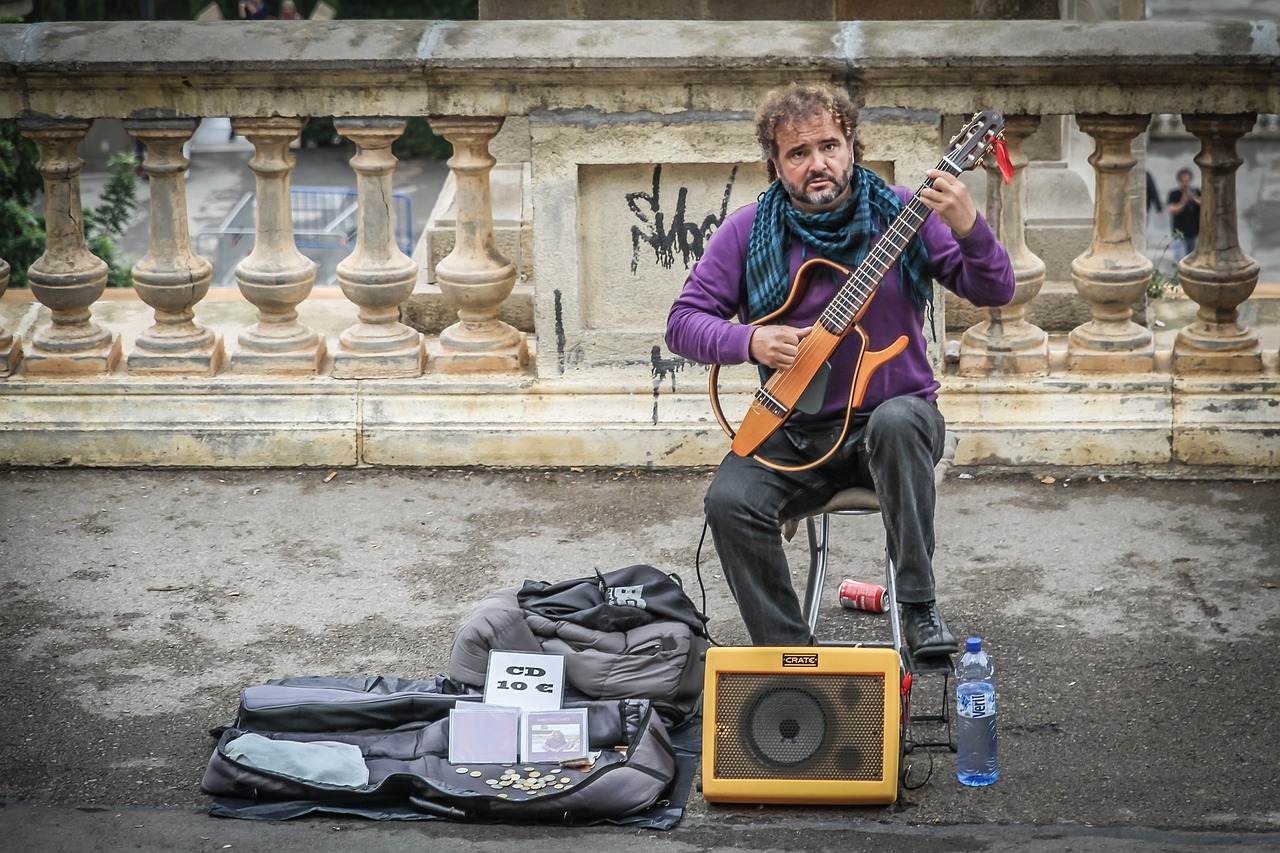
Gastronomy
- Tapas: Barcelona is known for its tapas culture, offering a variety of small plates with delicious bites. Popular tapas include patatas bravas, jamón ibérico, and pan con tomate.
- Seafood: Situated on the Mediterranean coast, Barcelona boasts a wide array of fresh seafood dishes. From paella to grilled octopus, seafood lovers can indulge in the city’s culinary delights.
- Catalan Cuisine: Barcelona is the capital of Catalonia, and its cuisine reflects the region’s unique flavors. Traditional Catalan dishes include escalivada, botifarra amb mongetes, and crema catalana.
- La Boqueria Market: A visit to Barcelona is incomplete without exploring La Boqueria, one of Europe’s most famous food markets. Here, visitors can find a vast selection of fresh produce, meats, cheeses, and local delicacies.
Music and Festivals
- Flamenco: Although not native to Barcelona, flamenco music and dance have become an integral part of the city’s cultural fabric. Many venues offer flamenco shows, allowing visitors to experience this passionate art form.
- Sónar Festival: Barcelona hosts the renowned Sónar Festival, a celebration of electronic music and digital arts. The festival attracts top international DJs and artists, making it a must-visit for music enthusiasts.
- La Mercè: La Mercè is Barcelona’s largest street festival, held annually in September. It features a range of cultural events, including parades, concerts, and fireworks, honoring the city’s patron saint.
- Primavera Sound: Primavera Sound is a popular music festival held in Barcelona, showcasing a diverse lineup of international and local artists across various genres.
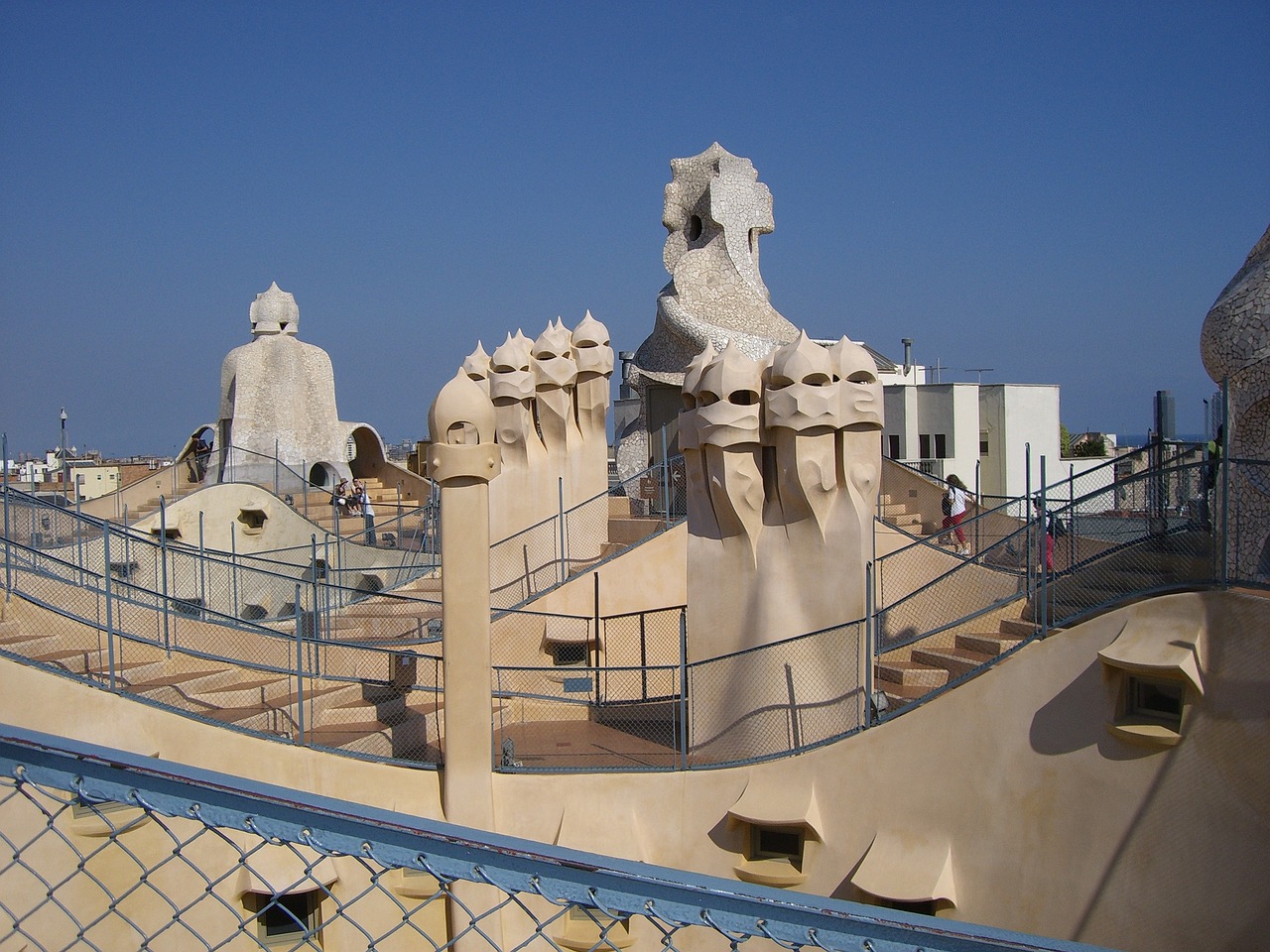
Sports
- FC Barcelona: Barcelona is home to one of the most successful football clubs in the world, FC Barcelona. The team’s stadium, Camp Nou, is a pilgrimage site for football fans.
- Olympic Legacy: The 1992 Olympics left a lasting impact on Barcelona’s sports infrastructure. The Olympic Stadium and Montjuïc Olympic Ring are popular attractions for sports enthusiasts.
- Tennis: Barcelona hosts the Barcelona Open, a prestigious tennis tournament that attracts top-ranked players from around the world.
- Water Sports: With its coastal location, Barcelona offers excellent opportunities for water sports such as sailing, windsurfing, and paddleboarding.
Conclusion
Barcelona’s cultural evolution is a testament to its rich history and dynamic spirit. From its Roman origins to the modern-day artistic and culinary scene, the city has continuously reinvented itself while preserving its unique identity. Barcelona’s vibrant culture, art, architecture, gastronomy, music festivals, and sports make it a captivating destination for locals and tourists alike.
References
- barcelona.cat
- barcelonaturisme.com
- museupicasso.bcn.cat
- macba.cat
- laboqueria.barcelona
- sonar.es
- barcelona.cat/merce/en
- primaverasound.com
- fcbarcelona.com
- barcelonaopenbancsabadell.com

